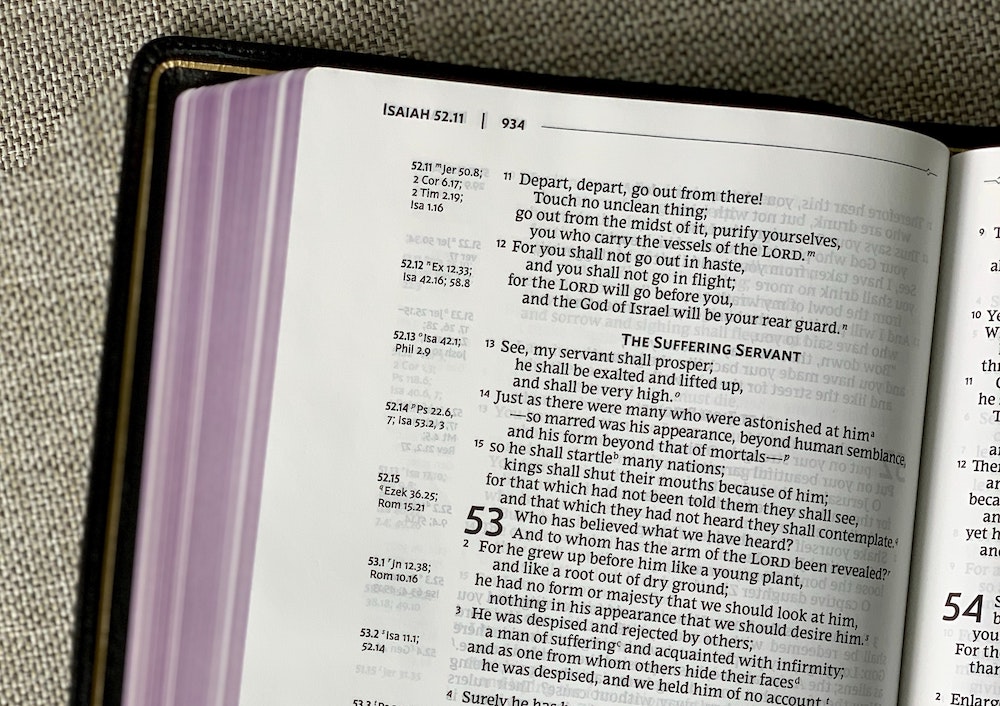The Major Prophets

In our whirlwind tour of the First Testament, we have briefly visited the five Books of the Law, the twelve Books of History, and last week the five Books of Poetry and Wisdom. This leaves two final divisions: the five Books of the Major Prophets, and the twelve Books of the Minor Prophets.
The words “major” and “minor” are a way of describing the size of the Books. The Major Prophets Isaiah, Jeremiah, Lamentations, Ezekiel, and Daniel are much larger in content. The Book of Isaiah for instance, is comprised of sixty-six chapters. Lamentations, by the way, is attributed to Jeremiah.
As was said last week with the Book of Poetry and Wisdom, the Major Prophets do not follow chronologically after the Books of History. In fact, the prophecies included in this section take place during the time period of the Books of History. Their context is from the time of the first kings of Israel, then through to the time of the Babylonian exile after Israel had been conquered first by the Assyrians and then finally by the Babylonians. And they also belong to the period immediately after Israel was allowed to return to the land to rebuild under the Persian Empire.
What additionally makes the Book of the Major Prophets difficult is that the collection of various prophecies is not necessarily arranged in order to their occurrence in history. Here a good Study Bible can help with their context and with cross references to the Books of History that chronicle the events.
When reading through these Books it is important to keep in mind what a Prophet is. We tend to think of a Prophet as someone who can predict the future. But Biblically, a Prophet is a chosen “mouthpiece” of God. The primary Word of God spoken by a true Prophet is one of repentance. It is a call, often unheeded, to acknowledge a breaking of the covenant, confess the sin, and ask for forgiveness.
Since You Asked…
Do Lutherans Promote Private Confession?
“Confession has not been abolished by the preachers on our side. … The people are carefully instructed concerning the consolation of the Word of absolution (forgiveness) so that they may esteem it as a great and precious thing. It is not the voice of the man who speaks it, but it is the Word of God, who forgives sin, for it is spoken in God’s stead and by God’s command. …it is necessary for terrified consciences” (Augsburg Confession, XXV).
Private confession has two parts: First that we confess our sins, and second, that we receive absolution, that is, forgiveness, from the Pastor as from God himself.